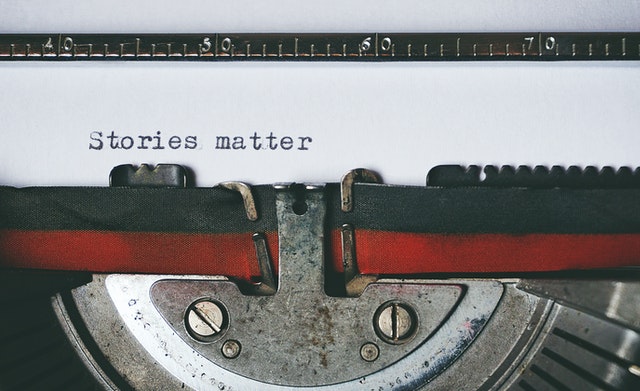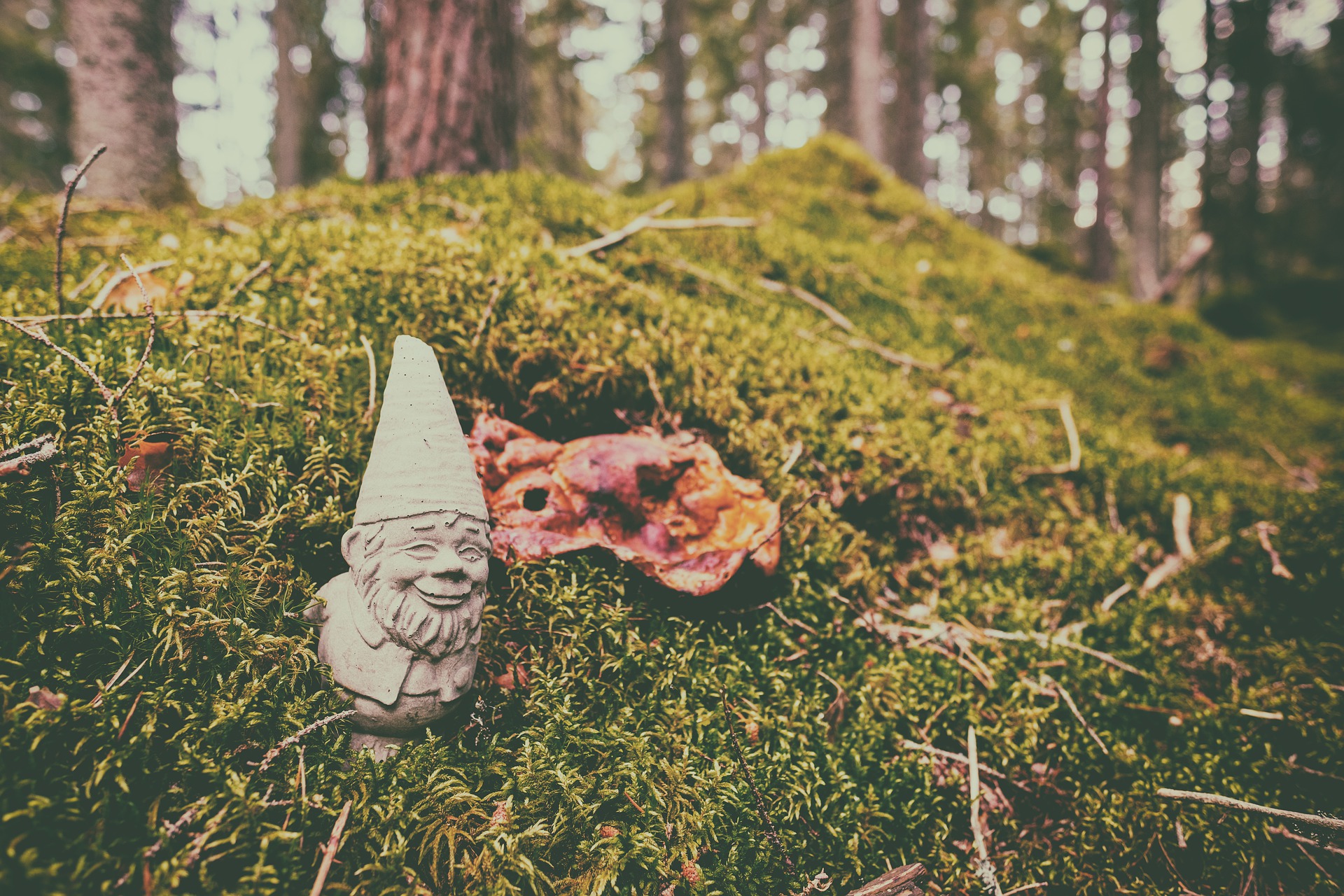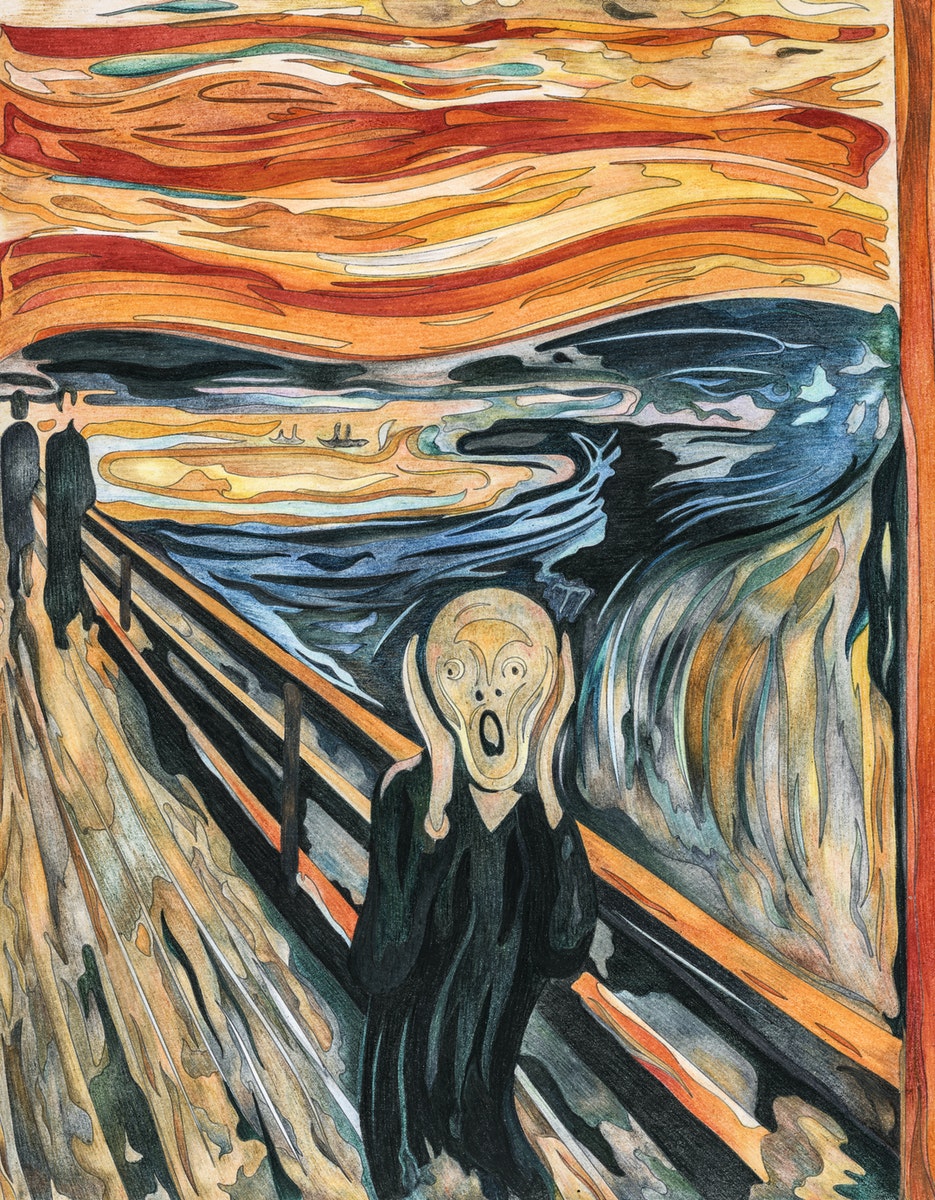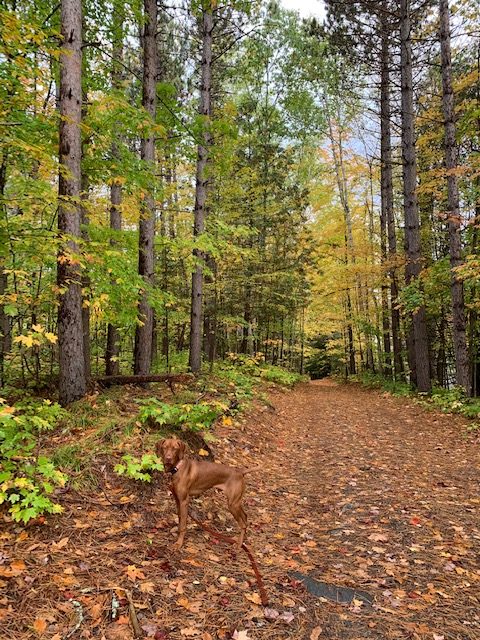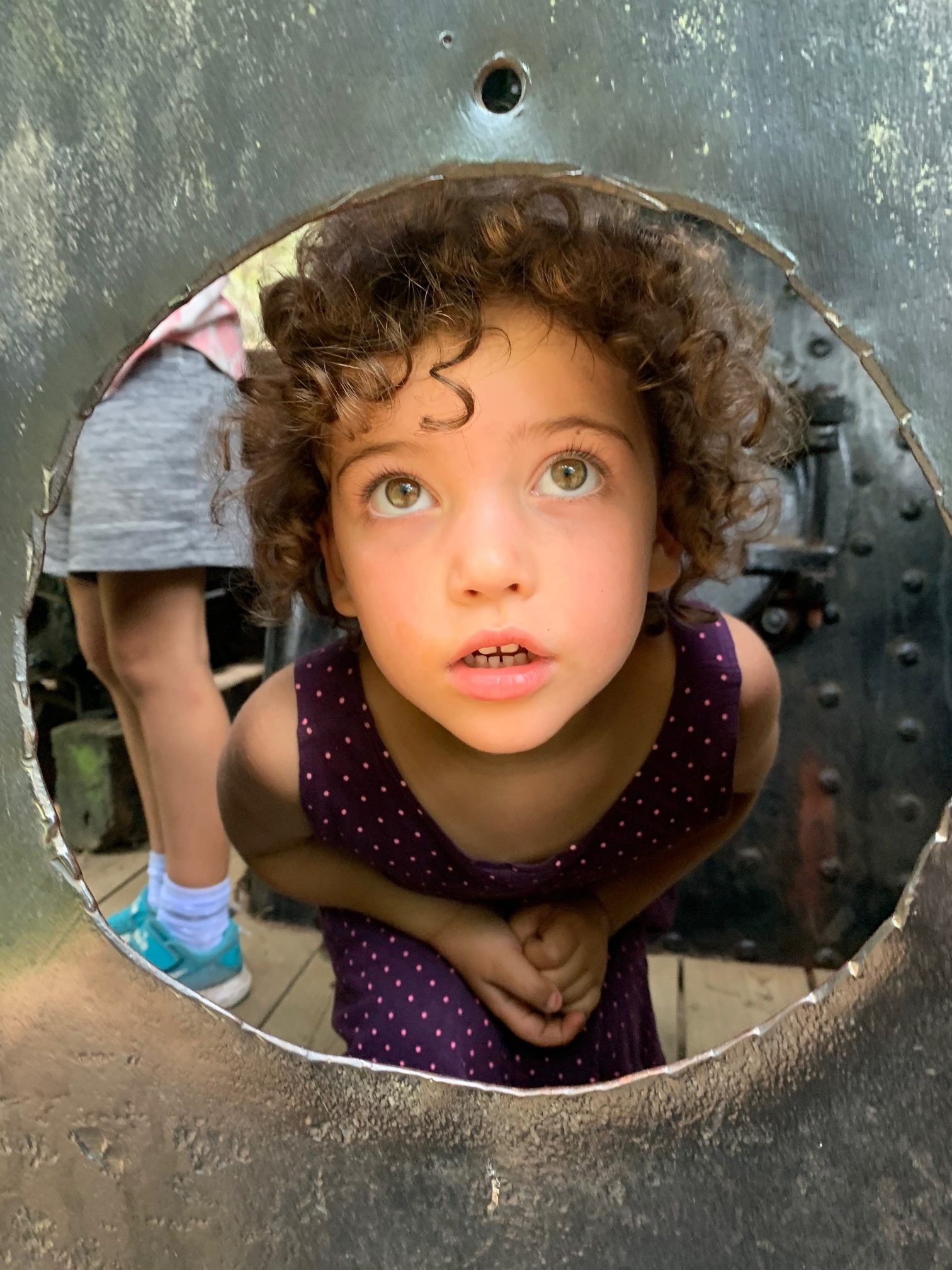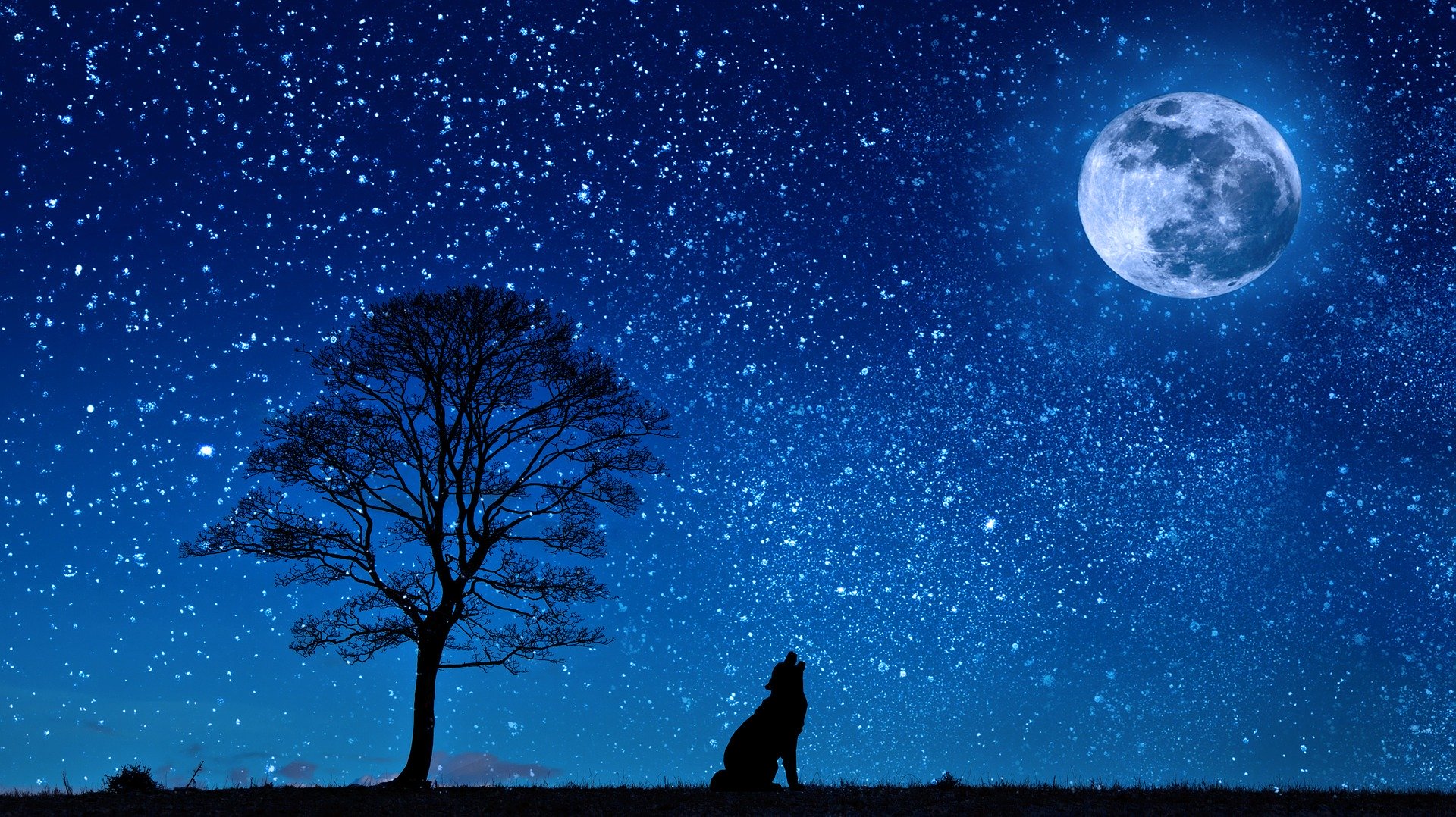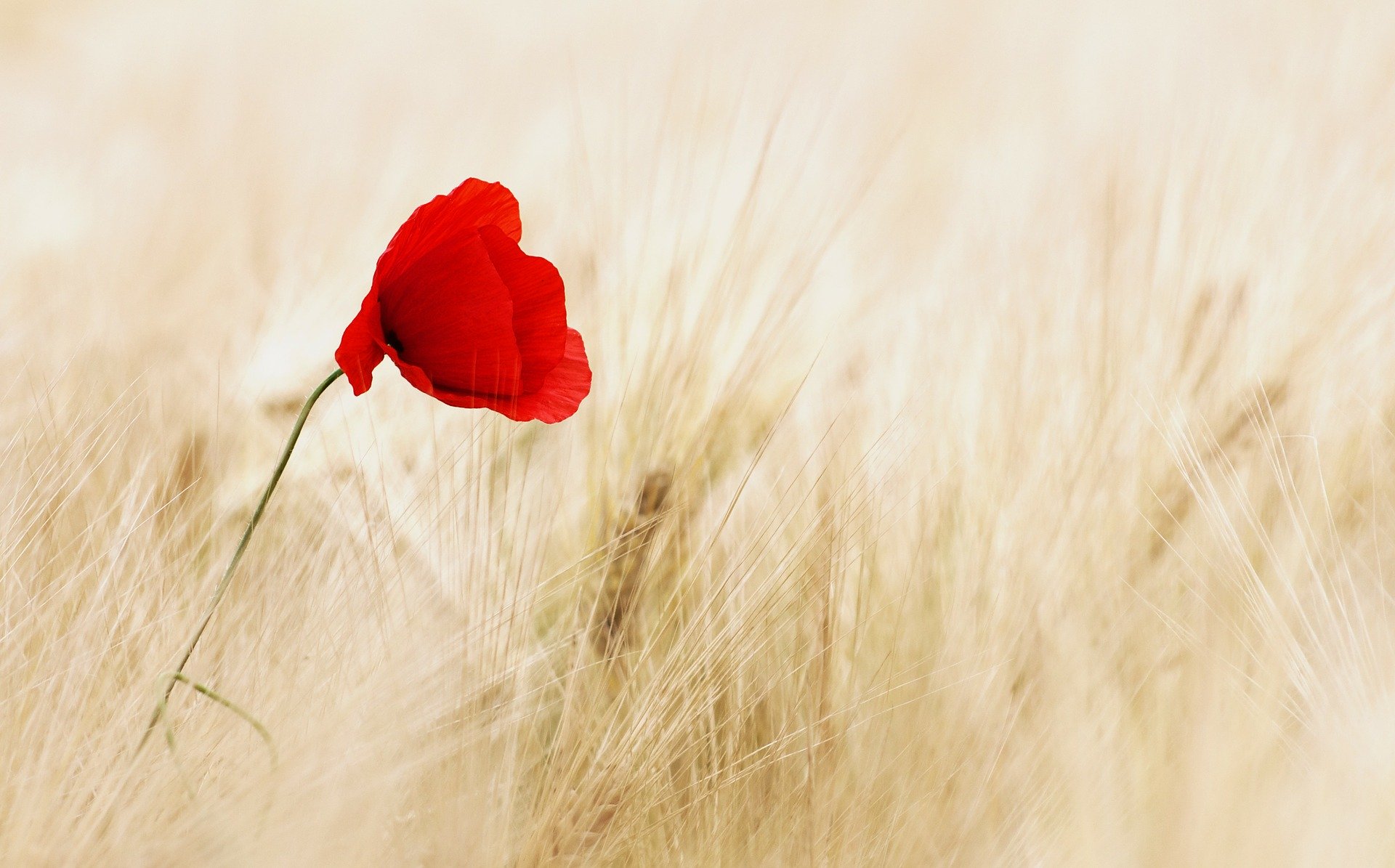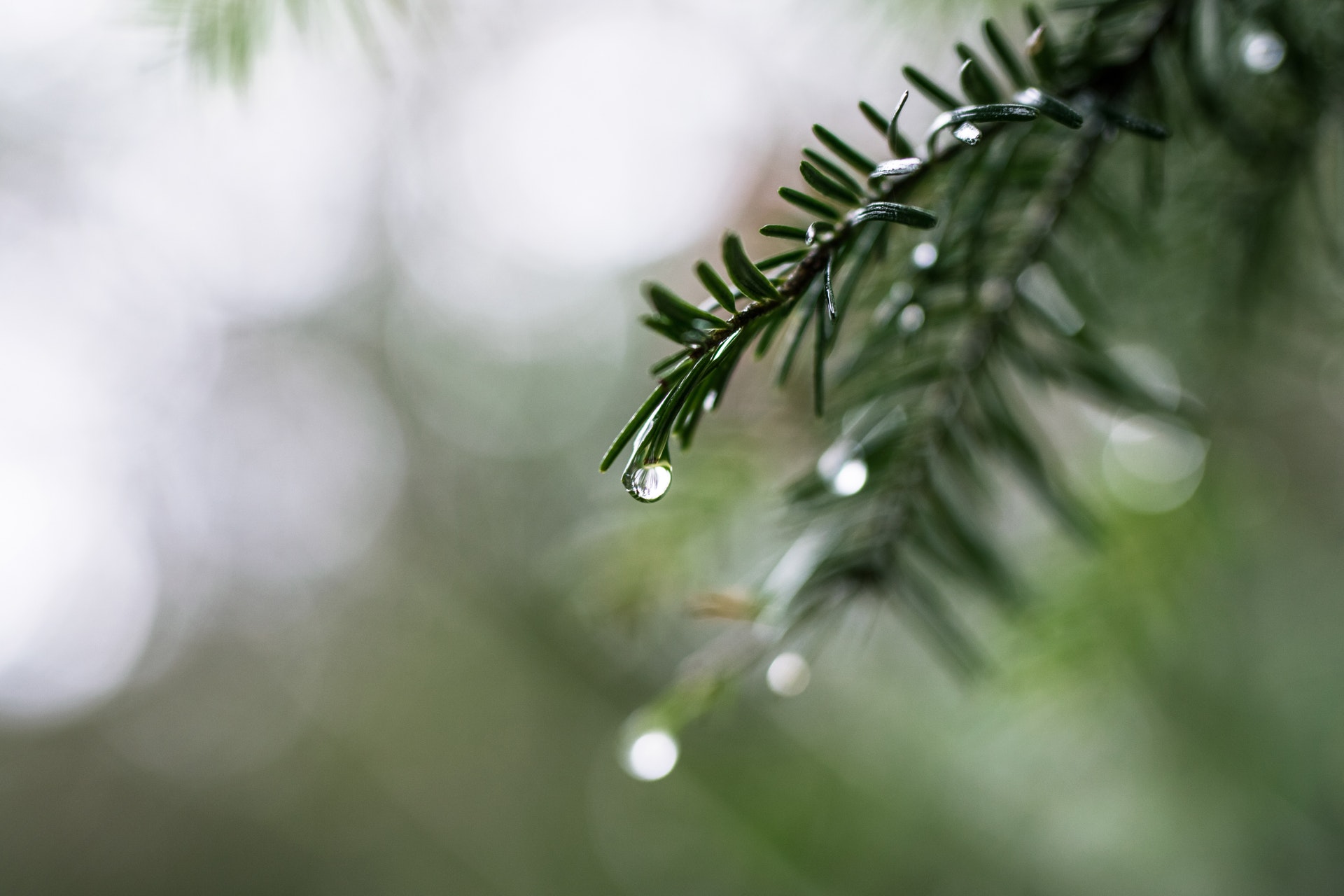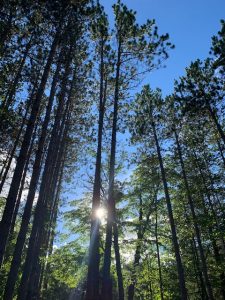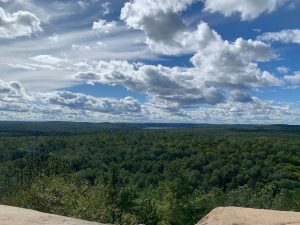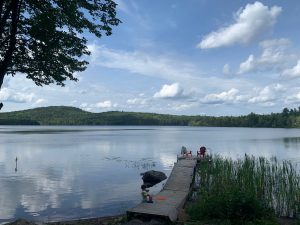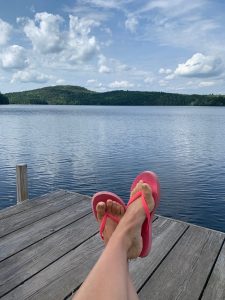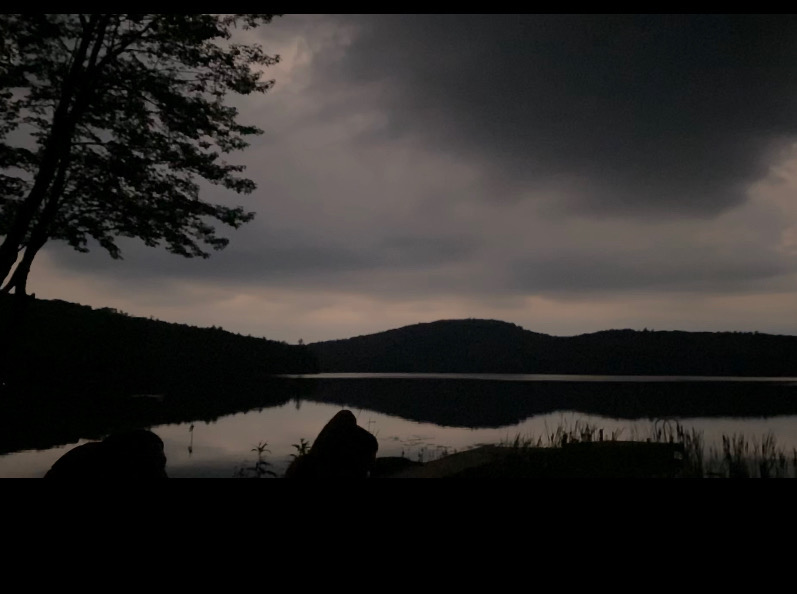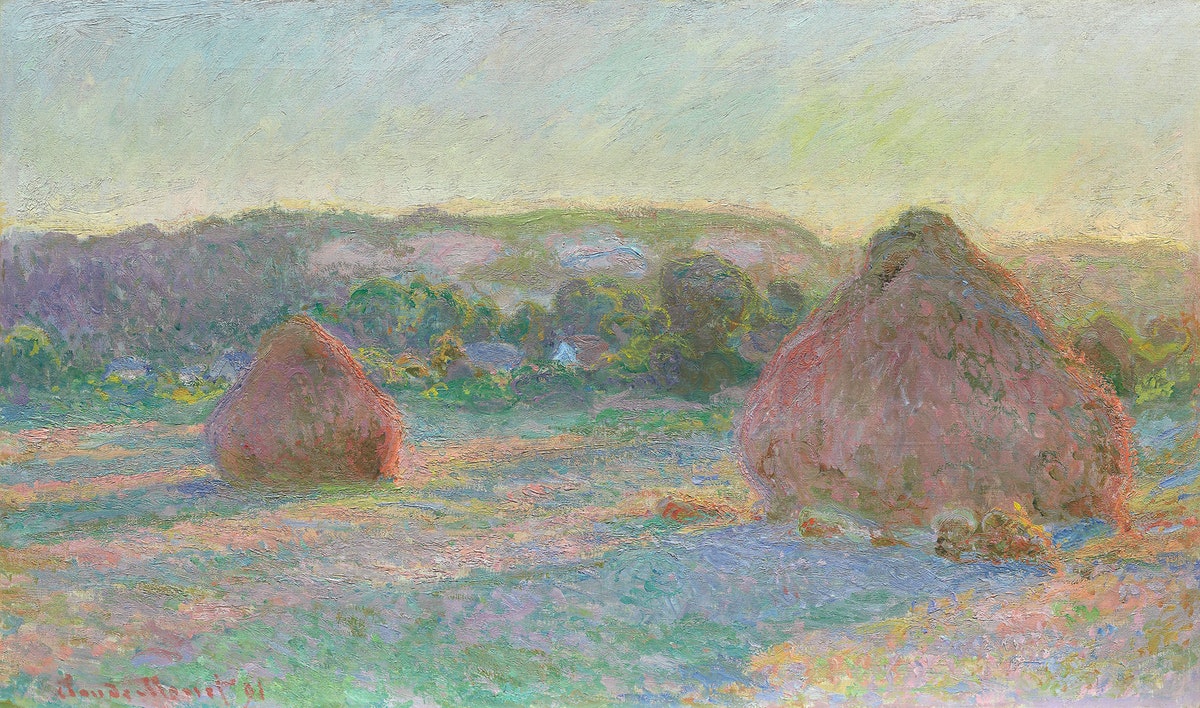“Why are we not telling stories that celebrate and include differences?” asked Amanda Leduc, author of Disfigured, in a talk I listened to recently.
The talk was a wonderful online session offered through Writers Literary Festival (put on by The New Quarterly, based in Waterloo, ON). Amanda Leduc and Emily Urquhart discussed fairy tales, Disney and other storytelling, and how classic narratives impact our view of disability. Leduc explained how disability is perceived as ugly, unwanted, and the antithesis of a happy ending. I can’t get these ideas out of my head now, I don’t want to; I especially need to pick up Amanda’s latest book, Disfigured, where she fully explores this topic.
I’m thinking about how the stories we tell ourselves and the stories we listen to, have a huge impact on our lives. Stories are everything.
I’m wondering about the story young people are taking in, and what it means for a country to possibly re-elect a man who makes fun of people with disabilities, by slapping his limp wrist against his chest and rich suits on camera. I’m trying to distract myself from the possibility of that sad ending. (Update: now I am celebrating the story of a Black, South Asian woman as Vice President)
After reading Dorothy Ellen Palmer’s book, Falling For Myself, I now notice ableist slurs everywhere. Palmer calls out ableist language in popular usage, words such as: idiot, moron, imbecile, lame, among others, and expressions, such as blind-sided, deaf or hard-of-hearing (used as insults) and standing ovation. All of this language contributes to the negative persona of the disabled individual.
I’m listening to Sheila Heti’s book, How Should A Person Be? Nearing the end, after I’ve gotten laughs from the book’s quirky characters, I feel quiet inside, stumbling over Heti’s insistence on using the word “retard”. I understand this is a work of fiction, but authors of every genre have an onus and morality to write in a way that doesn’t demean groups of people. You can argue the right to vulgarity in art and the right to self-expression and free speech. Say whatever you want, and I support that idea in theory, but what I can’t support is language that is ableist and unnecessary and that at its core, borders on hate. What I can’t support is using the r-word three times in a row for the sake of pointing out a character is acting stupid.
A man called me stupid to my face once. Interestingly, it was over an argument with language. He called another man “fucking retarded”, and I happen to overhear and stepped between them. One man left, and I was left facing the name-caller. “Please don’t say that.” I spoke calmly, evenly, while looking up at him.
Our discussion was civile. He disagreed with me, citing the example of his truck having a retarder. I explained my case against using a derogatory term that demeaned people with developmental disabilities, whether he meant it that way or not.
We happened to be standing in front of my child’s school and personnel soon found out what the man had said. I wrote about the experience, briefly, not naming any names, and the next day, pushing my baby in a stroller with one hand, holding my daughter with Down syndrome’s hand in the other and my oldest just up ahead, the man stormed up to me. He had gotten in trouble from the school.
“I know what you did. Did you think I wouldn’t find out? That was stupid. You’re stupid,” he said, walking away in a huff. It isn’t enough for some white men to have all the power; they have to put a woman in her place.
Name calling is low down on the scale of integrity and intelligence and so I won’t sink to that level. But then, I have to ask the question, why do some artists?
In his Pulitzer Prize winning novel, The Overstory, by Richard Powers, while there is beautiful prose and heart-rendering descriptions of nature and a sense of urgency to preserve it, the list of ableist language used through-out this book is long, long and as far as I can tell, completely unnecessary. Let me explain what I mean by that.
In the story I recounted above, the language the man used says something about his character, but I am requoting his words within the context of educating. In other words, I used the ableist language above not solely to entertain readers, or for lack of insight, but for the purpose of educating, to show this type of language is wrong. In Power’s The Overstory, ableist language simply is. It isn’t there to portray a character, it’s simply part of the author’s vernacular.
Writers: here’s a great reason to drop the ableist’s slurs. Every time I read the expression blinded or the r-word, I fall right off the page and out of the book, and I see the white man who wrote it in all of his privilege, oblivious to how this language can hurt. I’m not saying that Richard Powers did this deliberately, I’m simply calling attention to a need for authors to be more deliberate in the language they choose, and to steer away from ableist terms when there are better options. Choose words wisely, in other words. Another way of looking at this is to stop appropriating language from the disability community.
If you want to learn more about this, I suggest following people in the disability community on social media. “Nothing about us without us,” is a slogan that began with the disability rights movement in The United States in the 1960s at the time of Judy Heumann (read her book, too: Being Heumann), and truly, any issue pertaining to the disability community is most impactful coming from individuals with disabilities themselves. Be an ally and listen to the ‘own voices’ of disabled people.
Here are some Twitter handles Amanda Leduc suggests following to tune into the conversation:
Dorothy Ellen Palmer — @depalm
Dominik Parisien — @domparisien
Elsa Sjunesson — @snarkbat
Imani Barbarin — @imani_barbarin
Rebecca Cokley — @RebeccaCokley
Yeah Brown — @keah_maria
Andrew Gurza — @itsandrewgurza
Marieke Nijkamp — @mariekeyn
Lillie Lainoff — @lillielainoff
Adam Pottle — @addypottle
Ross Showalter — @rosshowalter
I would add:
Andrew Pulrang – @AndrewPulrang
Gregory Mansfield – @GHMansfield
Alice Wong – @DisVisibility
Jane Eaton Hamilton – @eatonhamilton
Here are some stories Leduc also recommended in her talk:
- Brave Enough series by Kati Gardner
- One For All, by Lillie Lainoff, publication in 2022
- Voice, by Adam Pottle
- Falling For Myself, by Dorothy Ellen Palmer
- Even If We Break, by Marieke Nijkamp
- Six of Crows series by Leigh Bardugo
- Unbroken: 13 Stories Starring Disabled Teens — anthology, edited by Marieke Nijkamp
When we choose to use ableist language, we perpetuate it. We engrain notions of ableism into our culture, because our stories have power. Our stories are important. And so we have a choice to make. The answer to me seems obvious.
I want to leave you with some of Amanda Leduc’s words, which I hope will become a part of the story you want to tell and live: “Every life, no matter how it is shaped, has inherent value.”
And, “Disabled stories and narratives are for everybody.”

